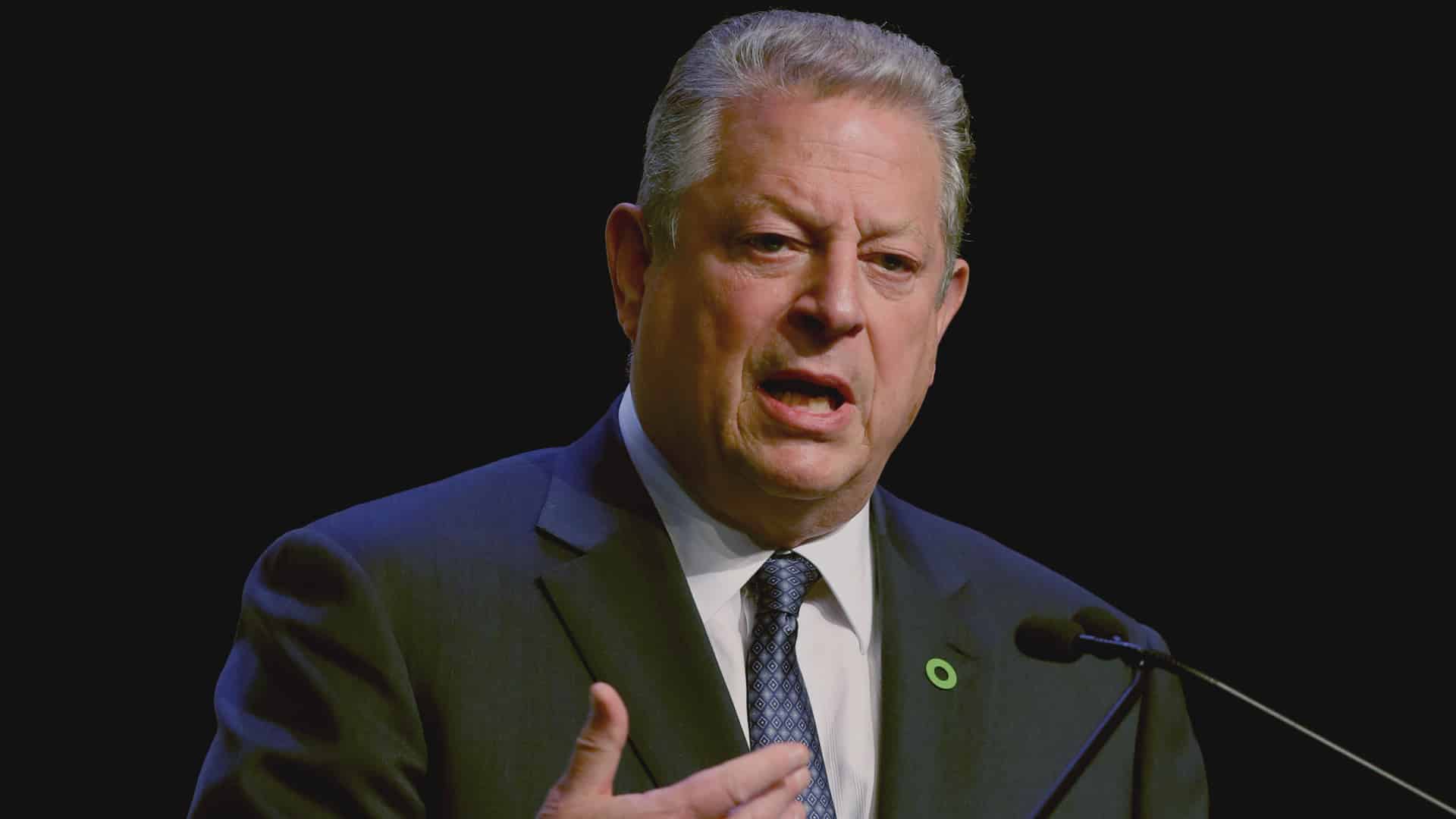Agriculture
Regenerative agriculture present opportunity to reduce emissions: Al Gore
Natural climate solutions such as regenerative agriculture present a good opportunity to reduce emissions and there is an urgent need to focus on such options, former US Vice President Al Gore said on Wednesday. Gore, Chairman and Co-Founder of Generation Investment Management LLP, was speaking at a session on ‘Building a Net-Zero, Nature-Positive Economy’ during the World Economic Forum’s week-long online Davos Agenda Summit. Several countries and companies are stepping up their commitments to fight climate change, but experts believe these efforts alone will not be enough to halt nature loss or create true sustainability and are advocating rather for an integrated approach to economics and finance, particularly in the post-COVID recovery period.
During the session, Carlos Manuel Rodr guez Echandi, CEO and Chairperson of Global Environment Facility, said there is an opportunity to use 2021 as a true turning point for the environment as key conventions will be held this year and will set the political framework for action in the next decade. Virginijus Sinkevicius, Commissioner for Environment, Oceans and Fisheries for the European Commission, said natural systems are under incredible strain. “We must take care of this natural capital,” the commissioner added. While corporations account for financial performance, they do not always account for their impact on natural capital, despite the proven job growth and returns green investment can bring, he added. “We need more aligned approaches to everything from non-financial reporting to incorporating nature into business decisions,” he said. Wanjira Mathai, Vice-President and Regional Director, Africa at World Resources Institute, said COVID-19 continues to have a dramatic impact on the world and that problems like poverty, which had been on the decline, are now on the uptick thanks to the pandemic in places like the African continent.
Also read: India’s new agri laws have potential to raise farm income; social safety net needed: IMF’s Gopinath
But, she was optimistic that politicians and business leaders had put nature-based solutions on the top of agendas for many key conferences in this critical decade of action. Quick action is still key, she said. Outlining four priorities to make a change, Mathai said one is production as the world must produce food more efficiently, in a more regenerative way. The second would be to protect standing forests, the lungs of the planet, she said, while emphasising, “We must protect them like our lives depended on them.” She also called for cutting down on emissions and embracing the circular economy is critical given that there is little time to waste and putting the right solutions in the right places will ensure that we can restore degraded landscapes. Roberto de Oliveira Marques, the CEO and Executive Chairman of the Board at Natura & Co said it is heartening to see so many companies and leaders embracing sustainability measures, but still a step change is needed. To that end, he suggested three changes that will be important and they include embracing science-based targets, creating a clear framework with common metrics and establishing mechanisms for transparency and accountability so stakeholders can report on sustainability as they do financial metrics.











































Pingback: Auto sector going through long-term structural slowdown: SIAM | The Plunge Daily